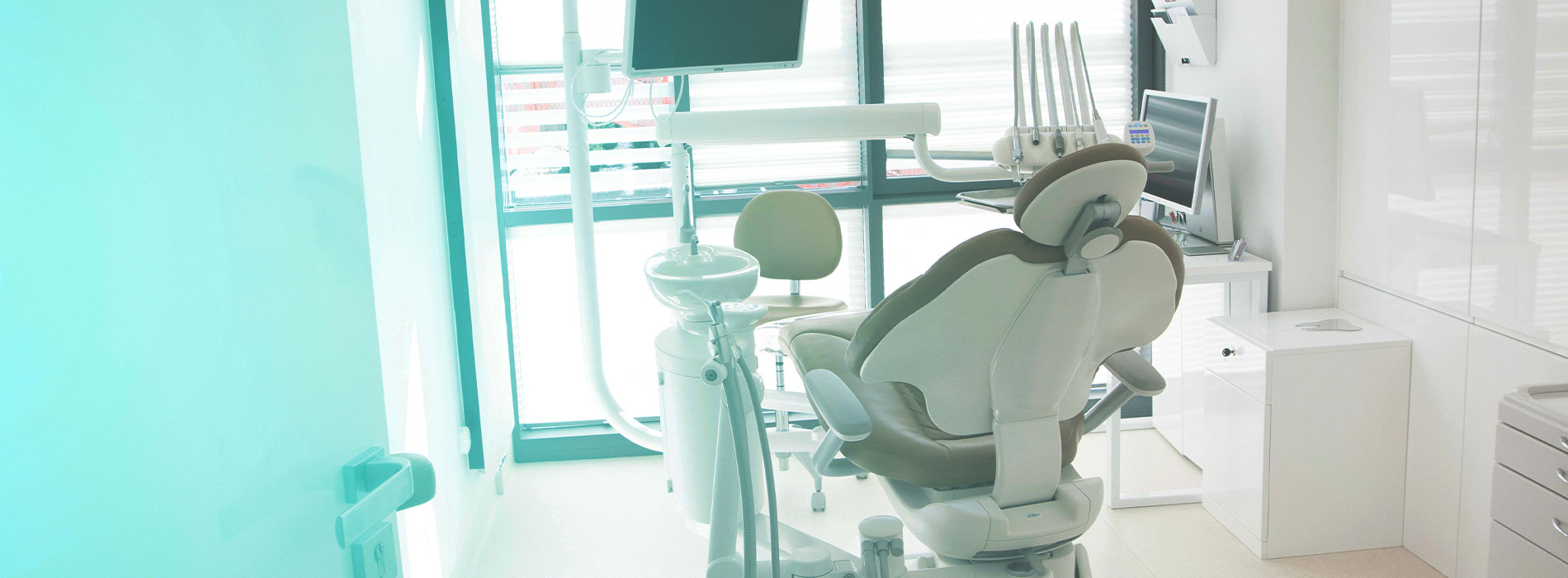New Patients
Existing Patients
New Patients
Existing Patients
New Patients
Existing Patients
New Patients
Existing Patients
New Patients
Existing Patients
New Patients
Existing Patients
New Patients
Existing Patients
New Patients
Existing Patients

Nerve repositioning is a surgical procedure designed to address complications arising from impacted wisdom teeth or other dental procedures that may affect the inferior alveolar nerve (IAN). The IAN runs through the lower jaw and provides sensation to the lower lip, chin, and teeth. When the nerve is at risk of injury during tooth extraction or implant placement, repositioning it can help prevent nerve damage and preserve sensation.
When wisdom teeth are impacted, they can grow at awkward angles, putting pressure on the IAN. In some cases, the nerve may even be partially encased in bone or situated close to the tooth roots. This proximity increases the risk of nerve injury during extraction, leading to complications such as numbness, tingling, or pain in the lower lip and chin. Nerve repositioning helps to create a safer space for the surgical procedure, reducing the likelihood of nerve damage.
The nerve repositioning procedure typically involves the following steps:
Your oral surgeon will perform a thorough evaluation, which may include imaging studies (like X-rays or a CT scan) to assess the position of the nerve and plan the surgery. This assessment ensures that the surgeon has a clear understanding of the anatomy before proceeding.
To ensure your comfort, local anesthesia or sedation will be administered before the procedure begins. This helps to numb the surgical area and minimize discomfort during the operation.
The surgeon will make an incision in the gum tissue to access the bone surrounding the impacted tooth and the IAN. Careful dissection is performed to expose the nerve without causing damage.
Once the nerve is exposed, it is gently repositioned to create a safer space for the extraction of the wisdom tooth or the placement of a dental implant. The surgeon will ensure that the nerve is not compromised during this process.
After repositioning, the surgical site is sutured closed, and a protective dressing may be placed to aid in healing.
After the procedure, patients can expect some swelling and discomfort, which can be managed with prescribed pain medications. Following post-operative care instructions is crucial for a smooth recovery. Most patients can resume normal activities within a few days, although complete healing may take longer. It is important to monitor for any unusual symptoms and follow up with your surgeon as needed.
Nerve repositioning is a critical procedure for ensuring the safety of dental surgeries that involve the lower jaw. By understanding the procedure and its purpose, patients can feel more confident about their treatment options. If you have concerns about impacted wisdom teeth or the risk of nerve injury, our skilled team is here to help. Contact us today to schedule a consultation and learn more about how we can assist you in achieving optimal oral health.


Orofacial & Dental Implant Surgery proudly serves the following Central Florida locations: Orlando, Kissimmee, Winter Garden, Four Corners, Waterford Lakes, East Orlando, South Orlando, Winter Park, Apopka, Ocoee, Oviedo, Clermont, Hunter's Creek, Horizon West, Dr. Phillips, UCF, Oviedo, Davenport, Celebration, Hamlin FL